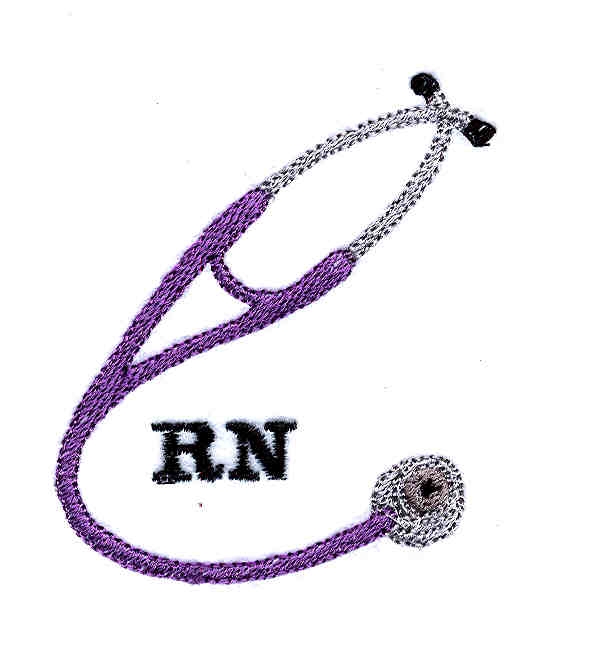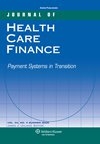CT One of 4 States to Require RN 24/7 in Nursing Homes; Study Finds Care Diminishes with Private Equity Ownership
/In Tennessee, Rhode Island, Hawaii and Connecticut, nursing homes must have a registered nurse on duty 24/7. A total of only thirteen states require 24-hour registered nurse coverage in some cases, but their statutes vary, and are somewhat less stringent than the four 24/7 states. As for the rest of the country, a registered nurse may be on premises for as few as 8 hours each day.
When U.S. News & World Report rated Connecticut’s nursing homes, one-third received the publication’s top rating. About 32 percent of all nursing homes in Connecticut earned an overall five-star rating. Areas of measurement included health inspections, nurse staffing, and quality measures.
That’s the good news.
Anothe r recent study found that nursing homes under private equity ownership are cited for more deficiencies and have fewer registered nurses on staff than other for-profit facilities.
r recent study found that nursing homes under private equity ownership are cited for more deficiencies and have fewer registered nurses on staff than other for-profit facilities.
Findings published in the Journal of Health Care Finance earlier this year indicated that “Results suggest troubling shifts in nurse staffing patterns of private equity nursing homes particularly in the case of Registered Nurses.”
Investigators analyzed quality indicators for about 350 nursing homes in Florida for each year between 2000 and 2007. These facilities had a 9 percent higher pressure ulcer risk prevalence and reported 21 percent higher deficiencies compared with a control group of Medicare/Medicaid-certified, for-profit, chain-affiliated, non-hospital nursing homes.
The private equity nursing homes also had 29 percent lower registered nurse hours per-patient-day, the study authors determined.
The findings bore out the investigators' hypothesis that private equity ownership would correlate with diminished care quality. Previous research also has come to this conclusion, the authors noted.
The researchers recommended “transparency and accountability” to address concerns, concluding that “to ensure that nursing homes deliver high quality care and in instances where this expectation is belied, effective tools are available to punish the guilty and to compensate the victims.”
The study was done by researchers affiliated with academic institutions including the University of Arkansas for Medical Sciences, the University of Alabama at Birmingham and the University of Florida. Findings appear in the Journal of Health Care Finance.






























